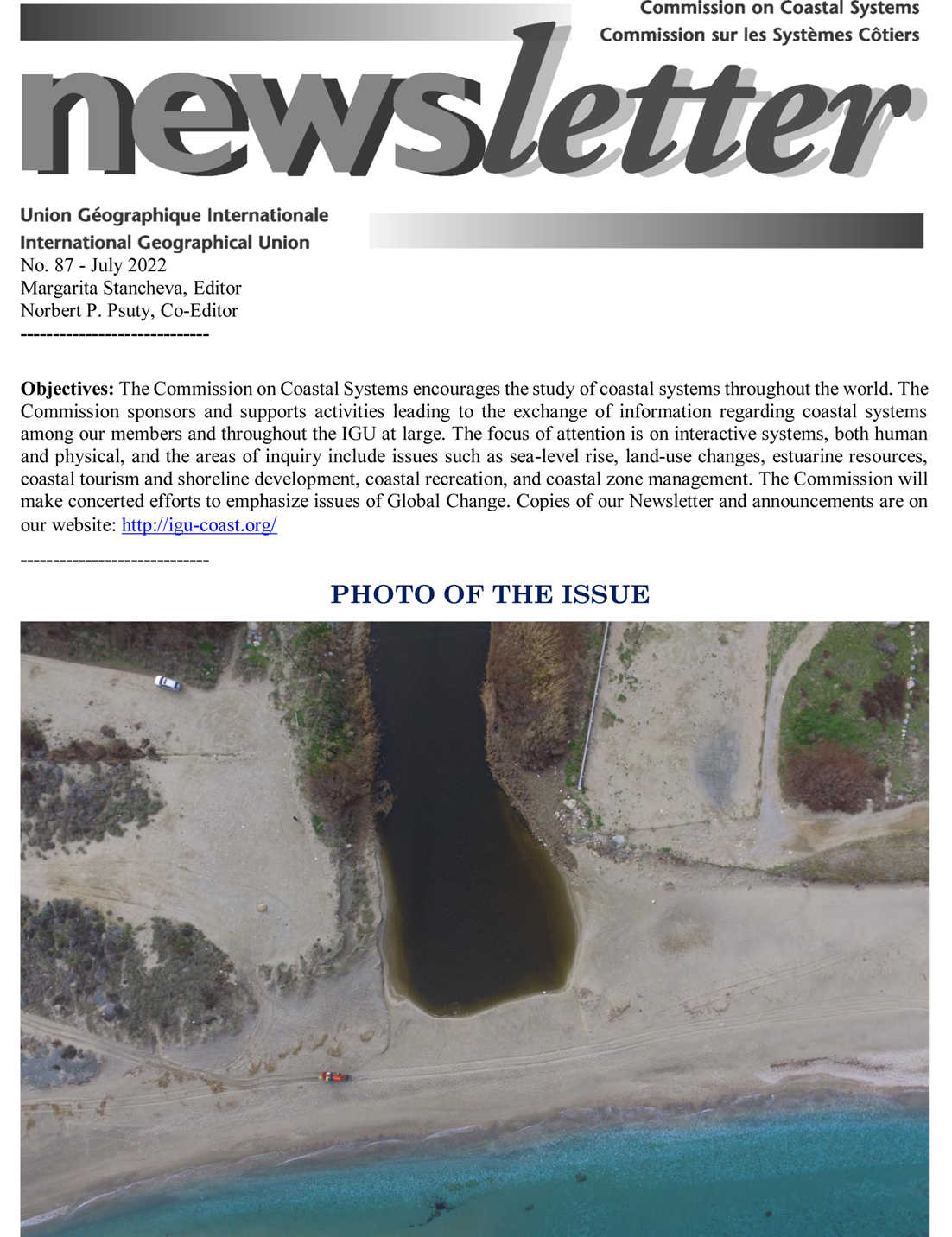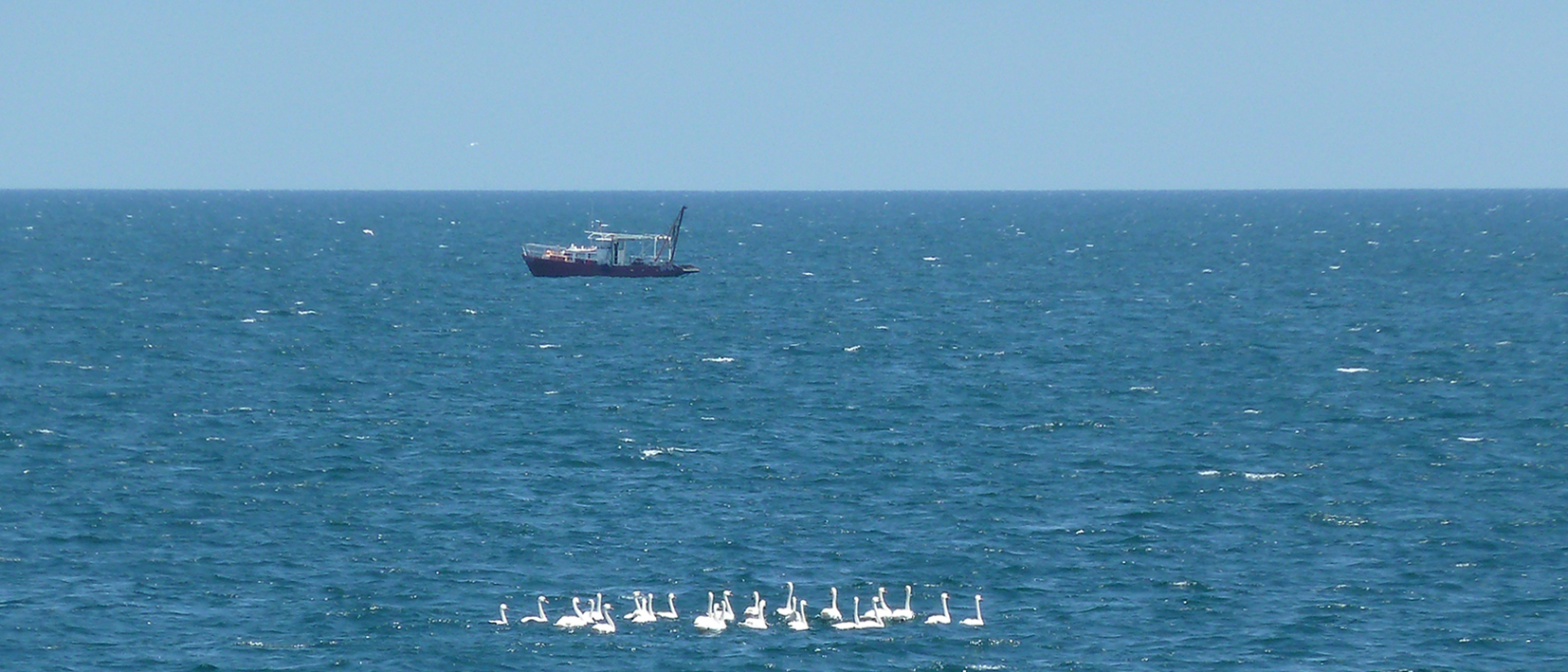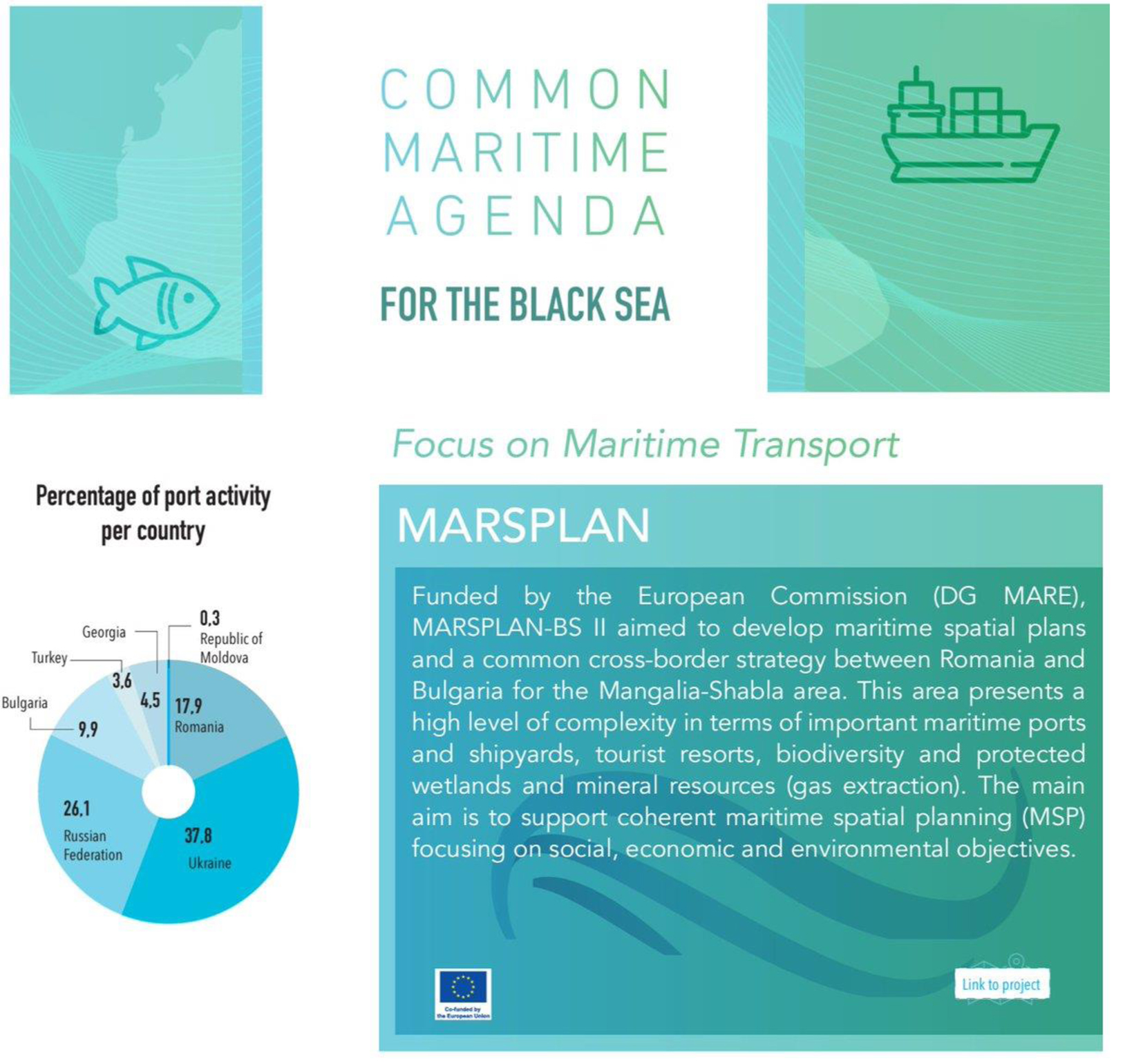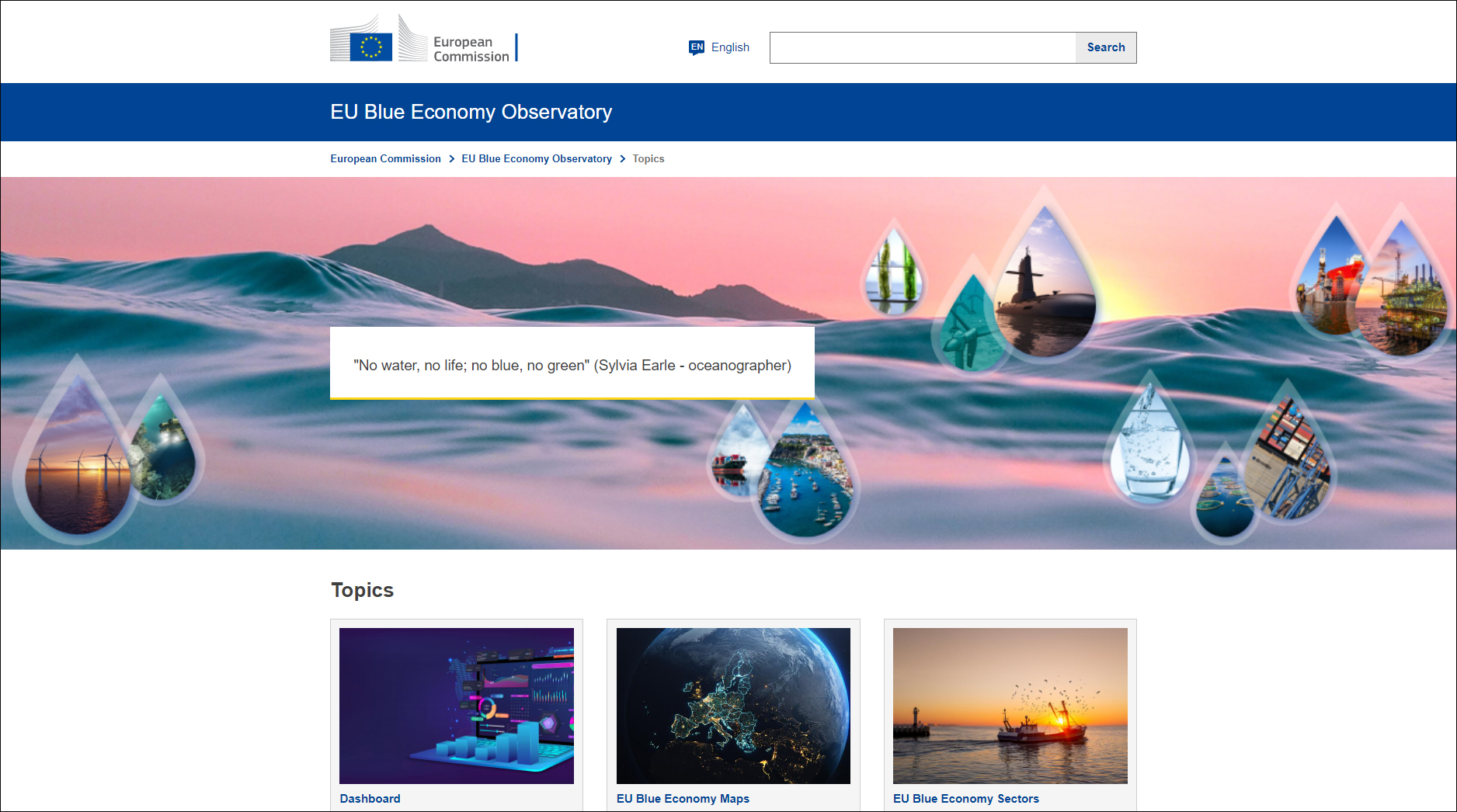News
CCS July 2022 Newsletter published and ready for read!

The Commission on Coastal Systems (CCS) to the International Geographical Union (IGU) is delighted to inspire you with July 2022 Newsletter: you can discover the latest news, CCS recent and upcoming activities, meetings and collaborations by following the CCS website: http://igu-coast.org/
The CCS Newsletter is issued twice a year and highlights the activities of the Commission on Coastal Systems and its members all across the world. If you would like to join CCS network, you only need to fill out the form at the end of the Newsletter or to get in contact with CCS!
Enjoy the content of CCS July 2022 Newsletter and participate by sharing information and disseminating it to your wide networks and interested readers. Please visit CCS website, join CCS coastal community, and share your exciting ideas and outcomes with CCS.
Commission on Coastal Systems, International Geographical Union
CCMS PARTICIPATES IN THE NEW EU HORIZON EUROPE PROJECT MSP4BIO TO START IN AUGUST 2022

We are excited to announce that CCMS will participate in the newly started EU project MSP4BIO under the Horizon Europe Framework Programme HORIZON-CL6-2021-BIODIV-01-12. MSP4BIO is the short name for “Improved Science-Based Maritime Spatial Planning to Safeguard and Restore Biodiversity in A Coherent European MPA Network”. The project is led by s.Pro - sustainable projects (SPRO) /SUBMARINER Network, Berlin, Germany.
The MSP4BIO will run for 3 years (August 2022 - August 2025). It has a budget of 3.5 million euros.
MSP4BIO develops and demonstrates the ways in which knowledge-based MSP can become a vehicle and a tool for the protection and recovery of marine ecosystems. The project takes the collaborative approach to address coherent implementation of the EU Biodiversity Strategy (EUBS) 2030, Convention on Biological Diversity (CBD) post-2020 framework, and EU Green Deal.
Specifically, MSP4BIO will develop an integrated flexible socio-ecological management to cope with a rapidly changing environment for coastal, offshore, and deep-sea ecosystems and validate its concrete applicability in 6 test sites in 5 European Sea Basins. The management relies on improved systemic biodiversity prioritization criteria for MPAs and EBSAs, based on the best available scientific knowledge on biodiversity attributes, and linking spatial ecological features (including migratory ones) with socio-economic considerations.
Read more: CCMS PARTICIPATES IN THE NEW EU HORIZON EUROPE PROJECT MSP4BIO TO START IN AUGUST 2022
MARSPLAN-BS II EXAMPLE IN THE LATEST CMA FACTSHEET FOR THE BLACK SEA

Maritime Transport is the focus of the latest CMA factsheet for the Black Sea and MARSPLAN-BS II is pointed as one of the important projects that supports Maritime Transport in the Black Sea. Sea transport is a key for Maritime Spatial Planning (MSP).
The Black Sea is a maritime space to plan and transform. The region is an important crossroads through which many goods transit, and furthermore an economic area with high potential for blue growth. The Black Sea region accounts for more than 34% of natural gas and oil imports to the EU; these are mostly produced onshore but recently there has also been development in offshore areas, i.e., 8% of Romania’s overall production is offshore crude.
Funded by the European Maritime and Fisheries Fund (EMFF) via the European Commission` DG MARE and EASME/CINEA, MARSPLAN-BS II aimed to develop maritime spatial plans and a common cross-border strategy for Bulgaria and Romania. Follow the main results on the project website: http://www.marsplan.ro/en/
Read the CMA factsheet here!
Originally published by the Black Sea Assistance Mechanism@EU_BlackSeaAM
A new Blue Economy Observatory has been launched by the European Commission to bring together knowledge from different sources

The European Commission launches on 19 of May 2022 the EU Blue Economy Observatory, a new knowledge dissemination platform for the sustainability of our oceans, seas and coastal areas.
The new observatory will focus on socio-economic components of the maritime related sectors. It will provide a detailed picture of ocean-related activities, with latest data, scientific evidence, insights, market information and findings supporting ongoing trends and developments in the EU Blue Economy.
The EU Blue Economy Observatory intends to solve the current lack of sufficient available data about industries and sectors related to our oceans, seas and coasts.
Filling this knowledge gap with the latest and most complete scientific information will help policymakers and businesses make decisions in order to build a sustainable, resilient and climate-neutral blue economy in the EU. Moreover, the platform provides information relevant to the development, implementation and monitoring of policies, particularly in light of the European Green Deal.
